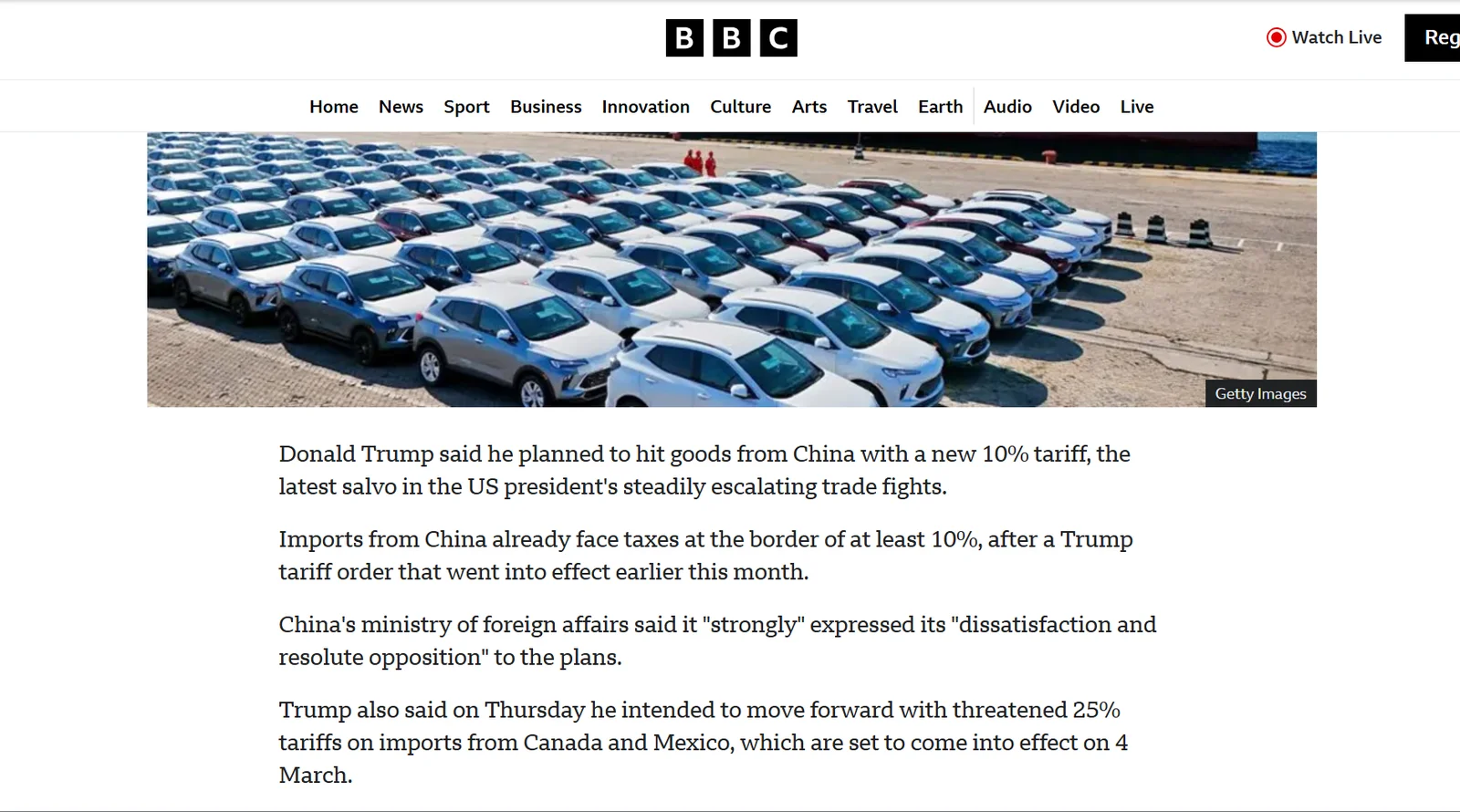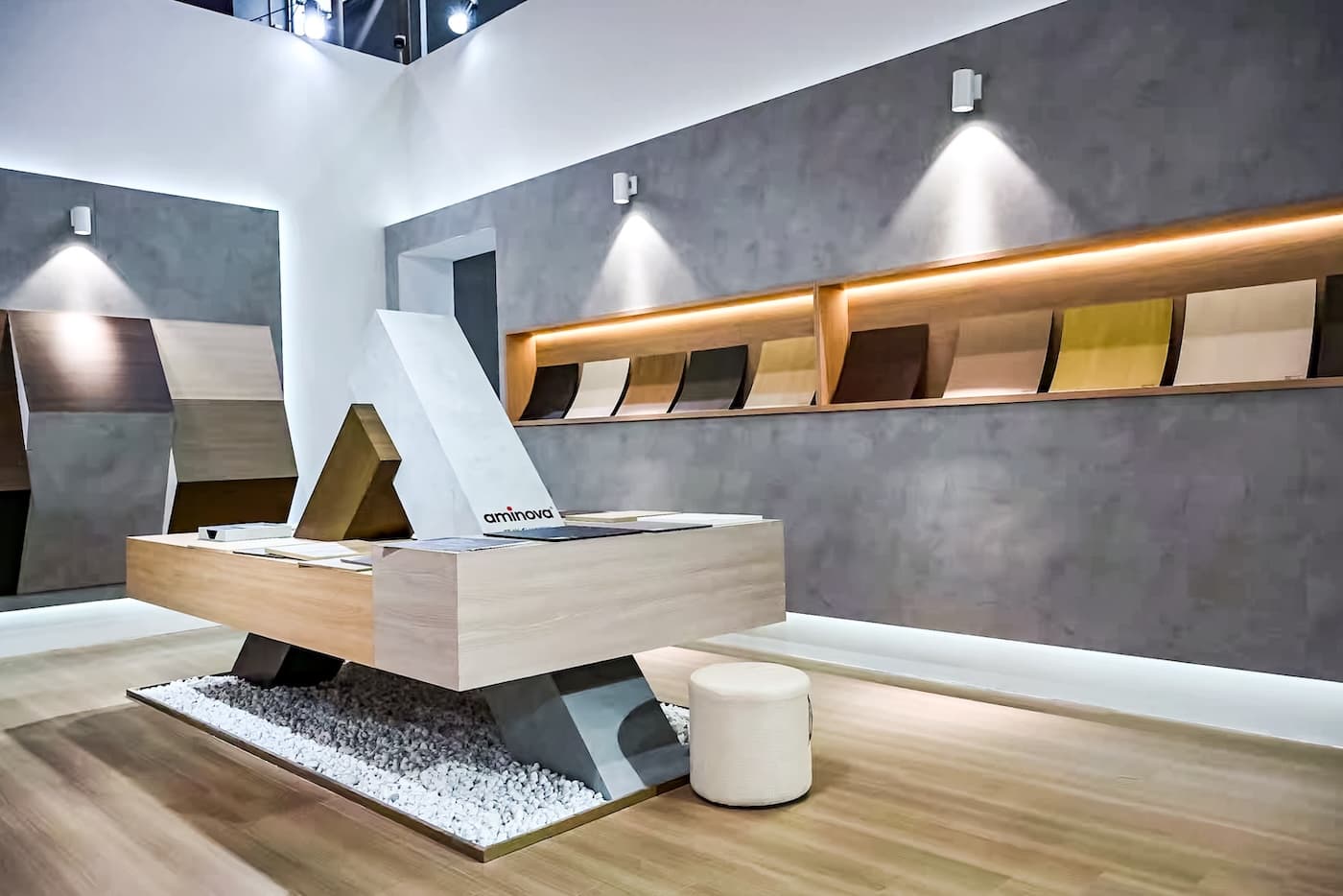Introduction
China is one of the world’s largest exporters, with a significant share of exports to the United States. However, the anti-dumping duty policies implemented by the US government can pose challenges for Chinese exporters. This article will present some methods to avoid anti-dumping duties, aiding Chinese exporters in accessing the US market seamlessly.
In the construction and furniture industries, products such as cabinets, vanities, wardrobes, bathroom cabinets, tiles, quartz, marble, granite, stone slabs, and bedroom furniture fall under the category of anti-dumping products. Which will be around 250-300% tariff !!!
We offer the following solutions for different scenarios:
- If your anti-dumping product constitutes only a small part of the entire shipment, ensure accurate product classification. Refer to the detailed product classification guidelines provided by the United States International Trade Commission (USITC) and Customs and Border Protection (CBP), known as the Harmonized System (HS) codes. Accurate classification prevents misidentification as a dumping product. For example, cabinets can be declared as office tables or display cabinets, and bedroom furniture can be categorized as living room furniture. If stone constitutes a small portion and is inconspicuous within the cabinets, it may not require declaration.
- What if your entire container consists of tiles, stone, or cabinets? Here are the solutions:
- For full containers of tiles or stone, transport them from China to Malaysia. Then, switch containers in Malaysia, obtain a Malaysian Certificate of Origin, and ship them to the United States. This bypasses the need to pay anti-dumping duties.
- Direct shipping from China to the United States is possible with the assistance of a reliable, professional shipping agent. They have years of customs handling experience, handling all logistics while you await delivery. This service may come at a higher cost.
- Cabinets can follow a similar process. Remove all Chinese labels from the packaging and ensure there is no “Made in China” marking. Transport them to Malaysia and then reship to the United States using Malaysian containers. Alternatively, use a door-to-door service directly from China to the United States, facilitated by a shipping agent or sourcing agent.
These solutions come with risks and may not guarantee 100% success. A professional sourcing agent can provide contingency plans. For instance, if US customs notifies a container for inspection before arrival, the agent can arrange for container return to China, avoiding the 300% tariff. Additionally, they can minimize fines and taxes if discrepancies are discovered, ensuring the safe delivery of goods.
Feel free to contact us, Morefar Global, a sourcing agent specializing in construction and furniture, offering global shipping solutions expertise. www.morefarglobal.com
In summary, avoiding anti-dumping duties is a complex task requiring careful strategies and compliance with international trade regulations. By accurately classifying products, understanding market prices, seeking legal advice, adhering to compliance in shipping and customs procedures, government support, and fostering strong partnerships, Chinese exporters can minimize the risk of anti-dumping investigations and ensure smooth exports to the US market.

March 1, 2025: Latest Tariff Updates on Chinese Goods to the U.S. & Solutions
Latest Tariff News
Former U.S. President Donald Trump has announced plans to impose an additional 10% tariff on Chinese goods, further intensifying trade restrictions. Imports from China were already subject to at least 10% tariffs following a tariff order that took effect earlier this month. Additionally, during Trump’s previous presidency, most Chinese products were already taxed at 25%. As a result, the current total tariff rates are as follows:
- Non-Anti-Dumping Products: 25% (existing tariff) + 10% (new tariff) + 10% (additional tariff) = 45%
- Anti-Dumping Products: Typically between 200%-270%
Latest Solutions
If the entire container consists of a single product (e.g., tiles or quartz stone):
-
- Transport goods from China to Malaysia, switch containers, obtain a Malaysian Certificate of Origin, and then ship them to the U.S. This strategy can help reduce or avoid certain tariffs.
If the container includes multiple products (e.g., tiles, doors & windows, furniture, cabinets, wardrobes):
-
- Ship directly from China to the U.S. while working with a trusted customs brokerage firm that has a whitelisted status with U.S. Customs. They offer customs guarantees to reduce the risk of shipment detention.
- Low-Risk Solution: Pay an additional few thousand USD upfront for a “No-Risk Customs Clearance” service. If your shipment is inspected, the customs broker will cover all costs, including inspection fees, demurrage charges, container rental fees, additional tariffs, and fines, ensuring zero risk for the buyer (as long as the shipment does not contain illegal or hazardous materials).
Impact of 45% Tariffs & How to Mitigate Costs
From Morefar Global’s extensive experience in sourcing and logistics, we believe there is no need to panic over rising tariffs.
- Higher tariffs will lead to fewer shipments from China to the U.S., which will cause freight rates to drop. In past peak seasons, ocean freight rates were thousands of dollars higher than they are today. Lower shipping costs can help offset the increase in tariffs.
- By strategically adjusting invoice values, duties can be reduced within legal and regulatory guidelines.
Morefar Global specializes in building materials, furniture procurement, and U.S. logistics solutions. We provide expert advice and seamless shipping services. Contact us at: www.morefarglobal.com
Previous Article: Some Solutions for Chinese Goods to Reach the United States and Avoid Anti-Dumping Duties
Originally published on September 29, 2023, by MoreFar Global
Introduction
China is one of the world’s largest exporters, with a significant share of exports to the United States. However, the anti-dumping duty policies implemented by the U.S. government pose challenges for Chinese exporters. This article presents methods to avoid anti-dumping duties, helping Chinese businesses access the U.S. market more smoothly.
In the construction and furniture industries, products such as cabinets, vanities, wardrobes, bathroom cabinets, tiles, quartz, marble, granite, stone slabs, and bedroom furniture are classified as anti-dumping products, facing tariffs of approximately 250%-300%.
Solutions for Different Scenarios
1. If anti-dumping products make up only a small portion of the shipment:
- Ensure accurate product classification using the Harmonized System (HS) codes provided by the United States International Trade Commission (USITC) and U.S. Customs and Border Protection (CBP).
- Correct classification prevents products from being misidentified as anti-dumping items.
- For example, cabinets could be declared as office tables or display cabinets, and bedroom furniture could be classified as living room furniture.
- If stone is a minor component and is not visibly dominant, it may not need to be declared separately.
2. If the entire container consists of anti-dumping products (e.g., tiles, stone, cabinets):
- Ship the goods from China to Malaysia, switch containers, obtain a Malaysian Certificate of Origin, and then transport them to the U.S. This method helps bypass high anti-dumping duties.
3. Direct shipping from China to the U.S.
- This is possible with the help of a reliable, professional shipping agent with years of experience handling U.S. customs clearance.
- The right shipping partner can ensure smooth delivery but may charge higher fees.
4. Solutions for cabinets and furniture:
- Remove all Chinese labels from the packaging and ensure there is no “Made in China” marking.
- Ship them from China to Malaysia first, then reship to the U.S. using Malaysian containers.
- Another option is using a door-to-door service from China to the U.S., managed by a sourcing or logistics agent.
Risks & Contingency Plans
These solutions involve some level of risk and may not guarantee 100% success. That’s why working with an experienced sourcing agent is crucial. A professional agent can:
- Monitor U.S. customs clearance procedures in real-time.
- Provide backup plans if a container is flagged for inspection.
- If necessary, return the shipment to China before it arrives in the U.S. to avoid paying a 300% tariff.
- Minimize potential fines and extra taxes if discrepancies are found.
Morefar Global: Your Partner in Sourcing & Shipping
Morefar Global is a specialized sourcing and logistics company focused on construction materials and furniture. We offer expert solutions for global shipping and customs clearance.
For more information, visit us at www.morefarglobal.com
Current Anti-Dumping Products Include:
- Tiles, quartz stone
- Cabinets, wardrobes, bathroom vanities
- Steel, solar panels
- Beds, mattresses
- Aluminum doors & windows (sometimes classified as anti-dumping)
If you need compliant and effective strategies to navigate U.S. tariffs, reach out to us for professional guidance!



